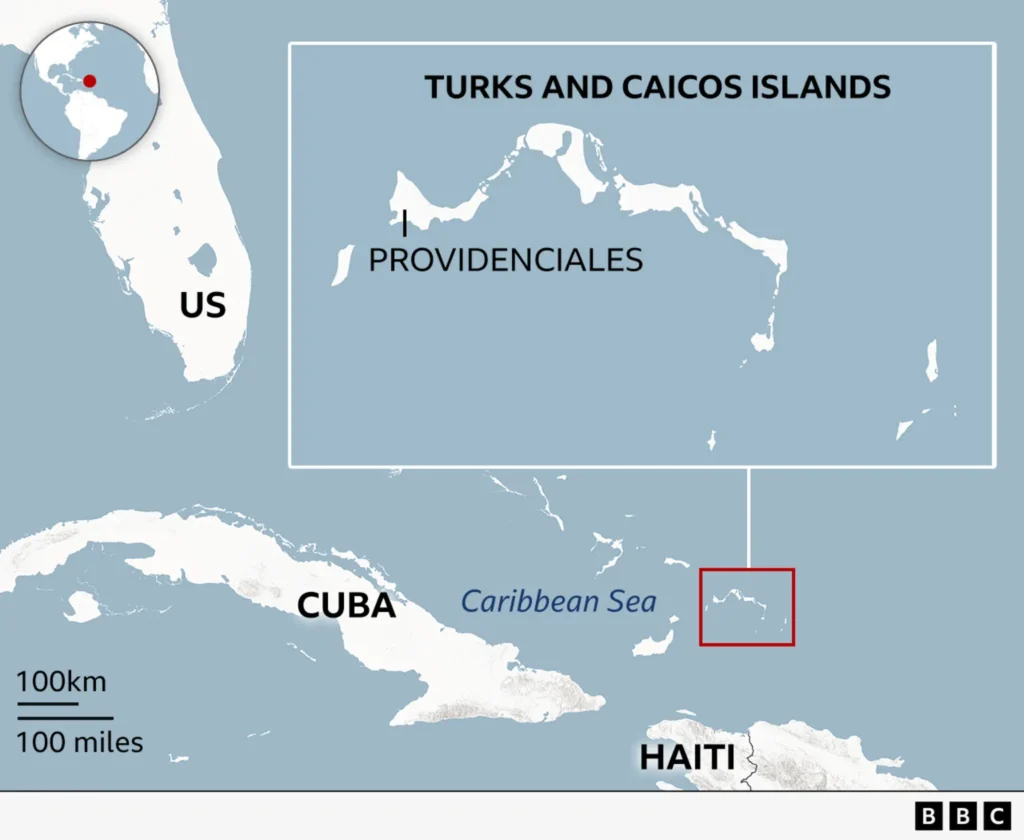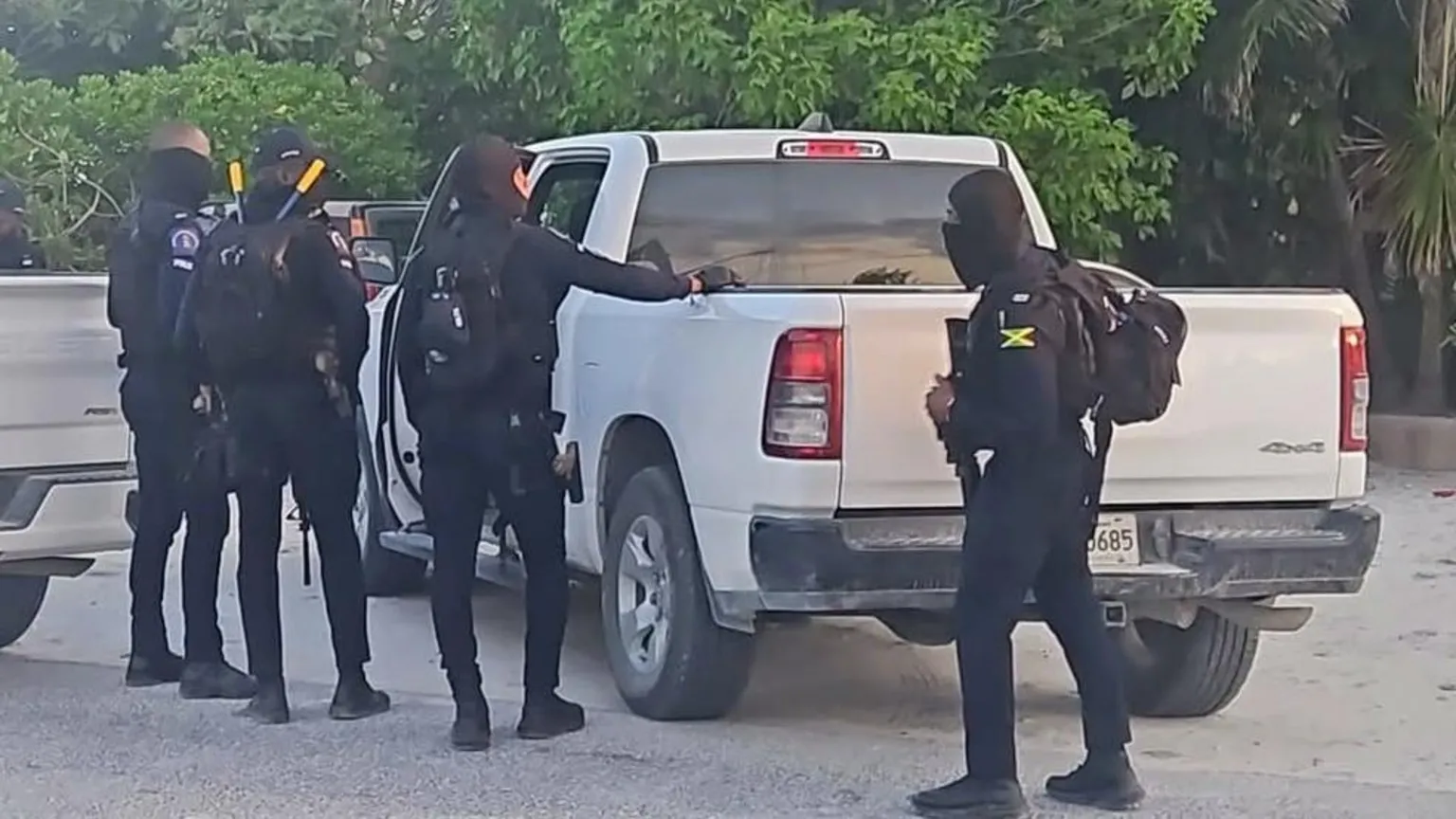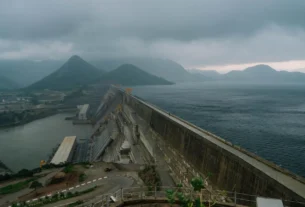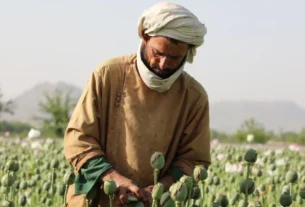Read also:
- Spurs ‘not for sale’ as owner rejects buyout interest.
- Duped of millions in ‘digital arrest’, Indian woman seeks answers from banks.
- ‘Tariffs are costing my business $100,000 a month
- At least 19 dead after protests against Nepal social media ban
- New Zealand dad shot dead by police after years on the run with children
Jacques Phanor used to sleep with his windows open.
Until just a few years ago, the Turks and Caicos Islands were known predominantly as a luxury Caribbean tourist destination.
The startling beauty of the archipelago has regularly earned it “world’s best beach” titles, and thrust it onto the bucket lists of the globe’s most affluent travellers.
But alarming levels of violent crime have rocked the once sleepy British Overseas Territory, earning it accolades it welcomes far less.
Last year it recorded 48 homicides, which, given its population is less than 50,000, gave it the worst murder rate per capita in Latin America and the Caribbean, according to one study.
This year the territory had already recorded 24 killings up to mid-August, heightened by the first mass shooting in its history in July, which left four dead and nine injured.
“People are very afraid,” Jacques, a church pastor who lives on the main island of Providenciales, tells the BBC. “Some are even leaving. We all love the islands, the economy is good, but the crime environment is terrible.”
With record-breaking numbers of holidaymakers – almost two million – visiting Turks and Caicos in 2024, the crime does not yet appear to be affecting tourism.
But there are fears that unless efforts to curtail it prove successful, crime could threaten its mainstay, estimated to account for at least two-thirds of the economy.
Some, including the islands’ Premier Washington Misick, have been quick to blame migrants from Haiti, which lies just 90 miles to the south. They flee to Turks and Caicos to escape gang-led turmoil and violence back home.
“The crime situation is worse in the Haitian communities [on Turks and Caicos],” concedes Jacques, who was born in Haiti, and moved to Turks and Caicos where he gained citizenship 28 years ago.
Most of those slain this year are of Haitian nationality, he says.
Jacques and his young family were themselves victims of an armed robbery last December. “We were held at gunpoint by a guy who entered the country illegally on a boat. I am just one example,” he adds.

Premier Misick dubbed July’s mass shooting in a local bar a “gangland-type slaying”, and appealed to Haitian community leaders to help “keep these islands safe”.
“You know who these violent criminals are, you know how guns are getting into the country,” he charged.
A statement from the Haitian Heritage Association called for a “united front” in stemming the scourge – and lamented “hateful narratives” levelled at Haitian people by some members of the Turks and Caicos public.
Some believe the territory’s complex citizenship laws have inadvertently created a crucible of disenfranchised Haitian youngsters. Children born in Turks and Caicos struggle to acquire legal status if neither parent has such.
As the government grapples to arrest a surging tide of Haitian migrants entering the country illegally by boat, deportation efforts have been stepped up.
“They’re picking [Haitian] people up on every corner, every street, on the road, at workplaces,” Jacques says. “Most of the time the parents want the kids to remain here, rather than go to Haiti [with them], where it’s chaos. So they stay with friends, family, church members.”
“A lot of kids fall through the cracks,” adds Jacques. “They turn 18 and try to get a work permit as if they were a foreigner. Often they’re turned down even for those.”
The country’s proximity to Haiti is “both a blessing and a curse”, he believes. “They need migrant workers to keep up with development, but Haiti’s violence is spilling over to Turks and Caicos.”
Recently implemented anti-crime efforts include temporary curfews, tighter controls on establishments selling alcohol, and increased search powers for police.
Meanwhile, a crackdown on informal settlements that police say harbour criminals saw more than 220 shanty homes bulldozed in August.
By:BBC




